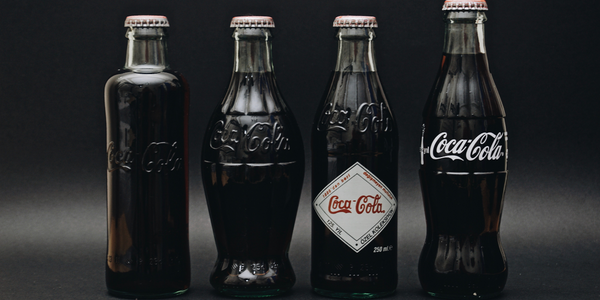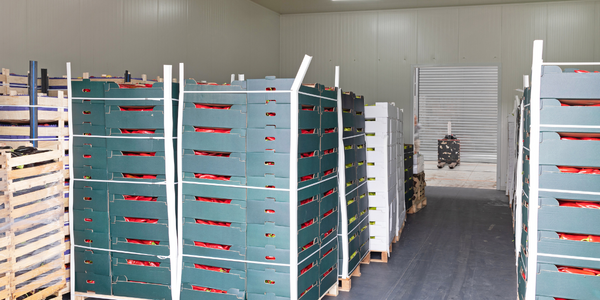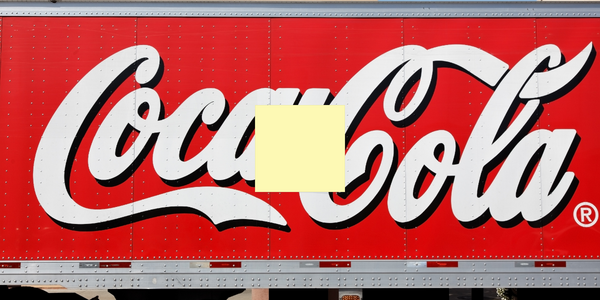Download PDF
Case Study Carlsberg Saving Fuel and Reducing Carbon Emissions
Technology Category
- Functional Applications - Fleet Management Systems (FMS)
- Analytics & Modeling - Predictive Analytics
Applicable Industries
- Food & Beverage
Applicable Functions
- Logistics & Transportation
- Quality Assurance
Use Cases
- Fleet Management
- Predictive Maintenance
Services
- System Integration
- Training
The Challenge
Having introduced a Safe and Fuel Efficient Driving (SAFED) initiative in 2008, Carlsberg saw an improvement in fuel efficiency. However, without the ability to monitor driver performance, and delivering effective coaching and training, the benefits of SAFED were short lived. The challenge was clear – Carlsberg needed to maintain the benefits of SAFED training through a prolonged period. Carlsberg set key objectives – to improve MPG whilst reducing emissions in line with its corporate social responsibility programme.
About The Customer
Carlsberg is a global brewing company with a strong commitment to corporate social responsibility and sustainability. The company has a significant fleet of vehicles used for distribution and logistics, making fuel efficiency and carbon emission reduction critical components of its operational strategy. Carlsberg has been proactive in implementing initiatives to improve driver performance and reduce environmental impact, demonstrating its dedication to both operational excellence and environmental stewardship.
The Solution
Having seen the reduction in both fuel and carbon emissions that SAFED could bring to the company, Carlsberg decided to reintroduce the training initiative for its drivers. In order to maintain and monitor the benefits, the company sought out a telematics solution. Microlise had provided solutions to Carlsberg for over 10 years and had proved to be a trustworthy partner in that time. The Microlise Fleet Performance product was implemented, prior to re-initiating the SAFED training programme, so that the means of monitoring and debriefing drivers was in place. A benchmarking exercise took place to establish average fuel usage without training and telematics. Once a benchmark figure was established, Microlise telematics units were installed into the 300 plus vehicle fleet and a strategy to maximise fuel savings was put in place. A full user training programme was implemented whilst Microlise helped Carlsberg staff to manage the change within the business.
Operational Impact
Quantitative Benefit
Related Case Studies.

Case Study
The Kellogg Company
Kellogg keeps a close eye on its trade spend, analyzing large volumes of data and running complex simulations to predict which promotional activities will be the most effective. Kellogg needed to decrease the trade spend but its traditional relational database on premises could not keep up with the pace of demand.

Case Study
HEINEKEN Uses the Cloud to Reach 10.5 Million Consumers
For 2012 campaign, the Bond promotion, it planned to launch the campaign at the same time everywhere on the planet. That created unprecedented challenges for HEINEKEN—nowhere more so than in its technology operation. The primary digital content for the campaign was a 100-megabyte movie that had to play flawlessly for millions of viewers worldwide. After all, Bond never fails. No one was going to tolerate a technology failure that might bruise his brand.Previously, HEINEKEN had supported digital media at its outsourced datacenter. But that datacenter lacked the computing resources HEINEKEN needed, and building them—especially to support peak traffic that would total millions of simultaneous hits—would have been both time-consuming and expensive. Nor would it have provided the geographic reach that HEINEKEN needed to minimize latency worldwide.

Case Study
Energy Management System at Sugar Industry
The company wanted to use the information from the system to claim under the renewable energy certificate scheme. The benefit to the company under the renewable energy certificates is Rs 75 million a year. To enable the above, an end-to-end solution for load monitoring, consumption monitoring, online data monitoring, automatic meter data acquisition which can be exported to SAP and other applications is required.

Case Study
Coca Cola Swaziland Conco Case Study
Coco Cola Swaziland, South Africa would like to find a solution that would enable the following results: - Reduce energy consumption by 20% in one year. - Formulate a series of strategic initiatives that would enlist the commitment of corporate management and create employee awareness while helping meet departmental targets and investing in tools that assist with energy management. - Formulate a series of tactical initiatives that would optimize energy usage on the shop floor. These would include charging forklifts and running cold rooms only during off-peak periods, running the dust extractors only during working hours and basing lights and air-conditioning on someone’s presence. - Increase visibility into the factory and other processes. - Enable limited, non-intrusive control functions for certain processes.

Case Study
Temperature Monitoring for Restaurant Food Storage
When it came to implementing a solution, Mr. Nesbitt had an idea of what functionality that he wanted. Although not mandated by Health Canada, Mr. Nesbitt wanted to ensure quality control issues met the highest possible standards as part of his commitment to top-of-class food services. This wish list included an easy-to use temperature-monitoring system that could provide a visible display of the temperatures of all of his refrigerators and freezers, including historical information so that he could review the performance of his equipment. It also had to provide alert notification (but email alerts and SMS text message alerts) to alert key staff in the event that a cooling system was exceeding pre-set warning limits.

Case Study
Coca-Cola Refreshments, U.S.
Coca-Cola Refreshments owns and manages Coca-Cola branded refrigerators in retail establishments. Legacy systems were used to locate equipment information by logging onto multiple servers which took up to 8 hours to update information on 30-40 units. The company had no overall visibility into equipment status or maintenance history.




